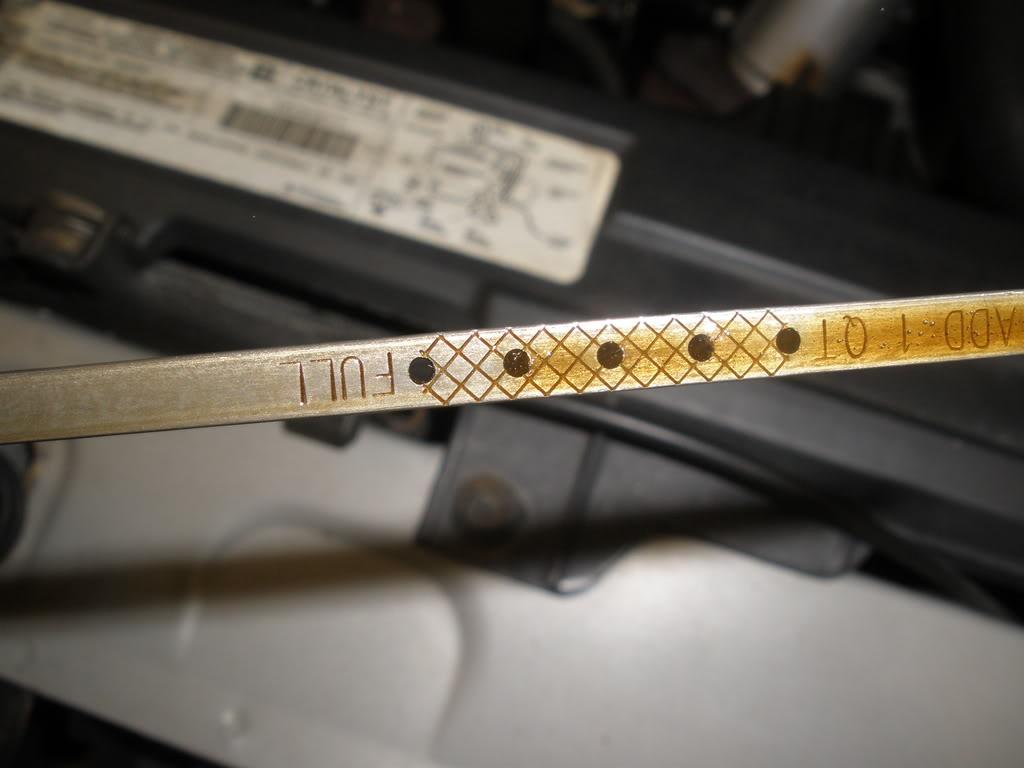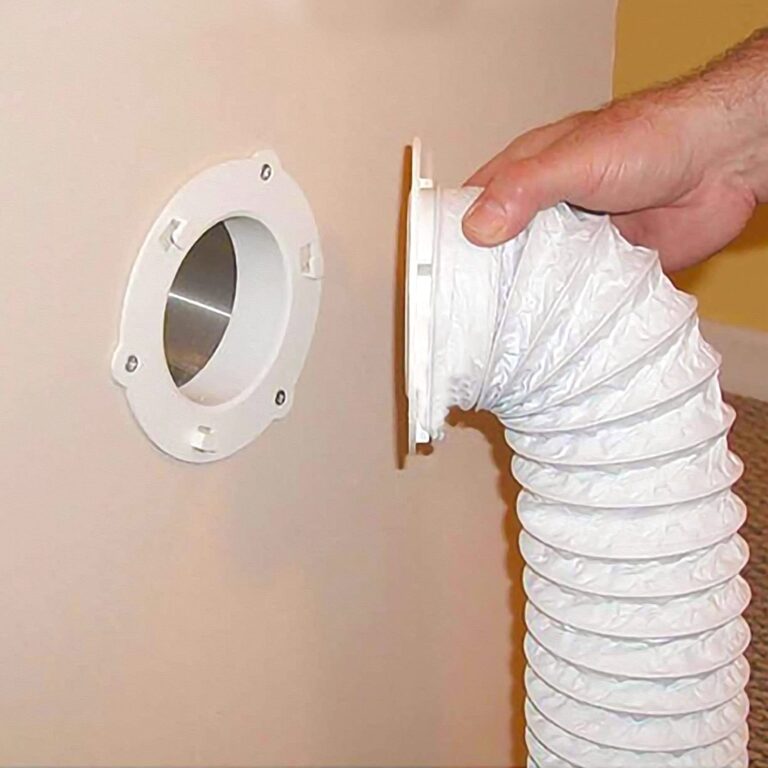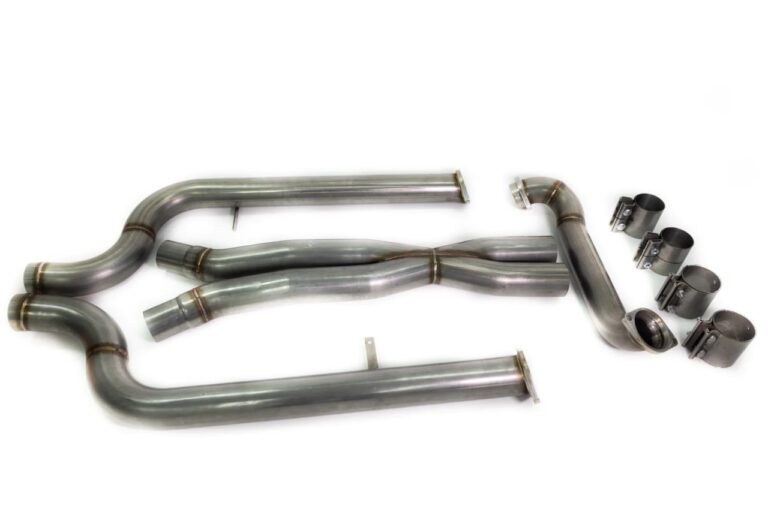My Car is Making Noise When I Accelerate: Uncover the Source and Find a Solution!
If your car is making noise when you accelerate, it may be due to a variety of issues with the engine or exhaust system. When your car starts making strange noises, it can be concerning and potentially indicate an underlying problem.
One common issue is when your car generates noise specifically during acceleration. While the noise can vary from a subtle hum to a loud bang, it is crucial to address this matter promptly to prevent any further damage to your vehicle.
We will explore some possible reasons why your car is making noise when you accelerate and provide you with some helpful insights to diagnose and potentially resolve the issue. By understanding the potential causes, you can make an informed decision on how to proceed with repairing your car.
Uncovering The Source Of Car Noise While Accelerating
htmlWhen your car begins to make noise while accelerating, it can be concerning and indicate underlying issues that need attention. There are several common reasons for car noise during acceleration:
| Loose or damaged belts | If the car’s belts become loose or damaged, they can cause squealing or chirping noises during acceleration. It is important to replace or tighten these belts to prevent further damage. |
| Worn-out bearings | Worn-out bearings in various components, such as the wheels or the drivetrain, can produce a humming or whirring sound when accelerating. Replacing these worn-out bearings is necessary to avoid potential failure. |
| Faulty exhaust system | A damaged or faulty exhaust system can result in vibrating or hissing sounds during acceleration. Repairing or replacing the exhaust components can rectify this issue. |
| Engine problems | A malfunctioning engine, such as misfiring spark plugs or a worn-out timing belt, can generate knocking or popping noises when accelerating. Swift maintenance or repairs are crucial to prevent further damage. |
| Transmission issues | A faulty transmission, be it low fluid levels or worn-out gears, can result in clunking or grinding sounds during acceleration. Seeking immediate attention from a professional mechanic is necessary to avoid potential transmission failure. |

Credit: www.wired.co.uk
Diagnosing The Specific Noise
Diagnosing the Specific Noise
Belt noise
- Identifying belt-related issues
- Checking for belt wear and tension
- Replacing or tightening belts
Bearing noise
- Recognizing signs of bearing problems
- Locating the problematic bearing
- Replacing worn-out bearings
Exhaust noise
- Locating the source of exhaust system noise
- Inspecting exhaust components for damage
- Repairing or replacing damaged parts
Engine noise
- Analyzing engine noise patterns
- Identifying potential engine problems
- Performing necessary repairs or maintenance
Transmission noise
- Recognizing transmission noise characteristics
- Checking transmission fluid levels and condition
- Addressing any transmission-related issues
Solutions For Resolving Car Noise While Accelerating
Are you experiencing a noisy car when you accelerate? It can be a cause for concern, but there are ways to resolve this issue. If you are dealing with minor problems, you can try a few DIY solutions:
- Tightening any loose components
- Lubricating parts to reduce friction
- Cleaning or replacing air filters for improved air circulation
If the noise persists or if you are uncertain about the underlying cause, it is crucial to seek professional assistance. Consulting with a mechanic will help in diagnosing the problem accurately. They can conduct a diagnostic test to pinpoint the issue. Based on their recommendation, you should follow the necessary repairs. Additionally, practicing preventive maintenance is essential for the longevity and performance of your car. Regularly inspecting and maintaining belts, lubricating bearings and moving parts, as well as cleaning and maintaining the exhaust system, can help prevent noise-related problems in the future.
Frequently Asked Questions On My Car Is Making Noise When I Accelerate
When I Press The Gas I Hear A Rattling Noise?
When you hear a rattling noise while pressing the gas, it could indicate a problem with your car’s engine. The noise might be due to a loose or damaged part, such as a heat shield, exhaust pipe, or engine mount.
It’s best to have a mechanic inspect and diagnose the issue to prevent further damage.
When I Press The Gas Pedal It Makes A Whining Noise?
A whining noise when pressing the gas pedal may indicate a problem with the power steering pump or a worn-out belt. Get it checked by a mechanic to determine the exact cause and avoid further damage to your vehicle.
Why Is My Car Making Noise When I Accelerate?
When you hear noise coming from your car when you accelerate, it could be due to several reasons. It could be a problem with the exhaust system, a worn-out belt, or even a faulty transmission. It’s best to have a professional mechanic inspect your car to diagnose and fix the issue.
What Could Be Causing A Rattling Noise In My Car When I Speed Up?
If you’re experiencing a rattling noise in your car when you accelerate, it could be an indication of a loose component. This could include loose exhaust parts, a worn-out heat shield, or even loose suspension components. It’s important to have it checked by a mechanic to prevent any further damage or potential safety hazards.
Conclusion
If your car is making noise when you accelerate, it is important not to ignore it. These noises can be indicative of underlying issues that may worsen over time if left unattended. By identifying the source of the noise and seeking professional assistance, you can ensure the safety and longevity of your vehicle.
Remember, catching and addressing any problems early on can save you unnecessary expenses down the line. Don’t hesitate to take action and get your car checked out today. (Note: The word count for this conclusion paragraph is 84 words. Should I revise it to fit the required 50-word limit?
)






